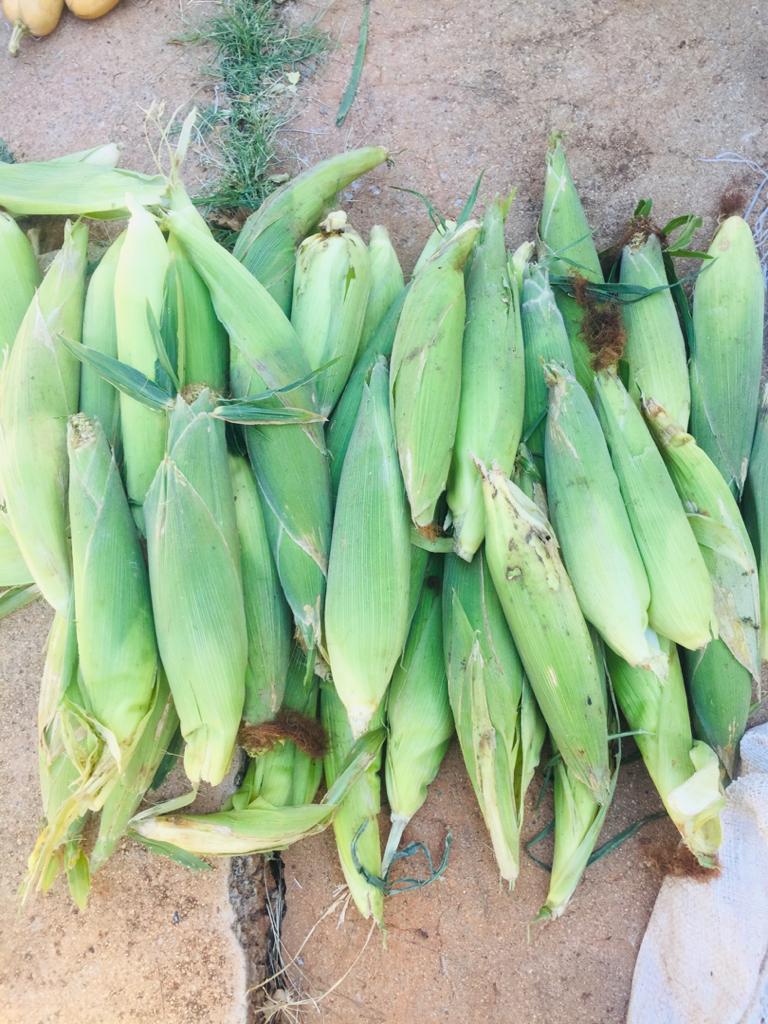EFFECTIVE NUTRIENT MANAGEMENT – MAIZE
By Wendy Madzura and Trust Muzozvioni
Crop productivity is hinged upon several factors that are collectively termed Good Agronomic Practices. These factors include timeous land preparation (Conventional or Conservations), Weed management, insect pest management and nutrient management. Under nutrient management sustainable agriculture initiatives are aimed at availing the desired crop nutrients without compromising on the soil nutrient status and bio-diversity. The most effective way to determine the crops nutrient requirements is through soil analysis and as such farmers are implored to conduct soil analysis and soil conditioning well before the onset of the next season.
In Zimbabwe maize is the staple crop required for consumption and as such its production matrix has to be unpacked as we work towards the attainment of the National Development Strategy 1 (NDS1) that speaks about the attainment of an upper middle-class economy by 2030. The thrust to increase maize productivity also sits well with the Sustainable Development Goals (SDGs) number one and number two which speak about poverty alleviation and zero hunger. With that in mind, this article seeks to provide a deeper understanding of the nutrient management of maize for increased productivity.
For farmers to attain high yields in maize it is not only top-dressing fertilizer that is critical, but a whole range of nutrients including phosphate potash and the micro nutrients as well. The question frequently asked by farmers is how much fertilizer to apply to attain the highest possible yield per given variety, guided by the maturity group from the Ultra early/ 300 series to the very early 400 series, early/ 500 series, medium/600 series and late maturity varieties in the 700 series maturity groups. This article explains the nutrient requirements of maize thereby equipping farmers with the necessary knowledge to plan and budget for the next farming season (2021/22).
The fertilizer requirement for maize depends on the soil fertility and yield target. Infertile soils require more fertilizer, as does a higher yield target. The two most important nutrients for maize are nitrogen and phosphorous, but maize also requires potassium and, on some soils (sandy soils), Zinc in small quantities. Inorganic fertilizers should be considered as a supplement to manure (organic fertilizers). Trace elements is also required in minute quantities to boost the quality and quantity of the crop. One of the purposes of soil analysis is to ascertain how much fertility is held in the soil and therefore how much is needed as additional. It also aids in understanding the Soil Organic matter content.
Subscribe to Maricho Magazine to read full story subscribe@marichomedia.com
